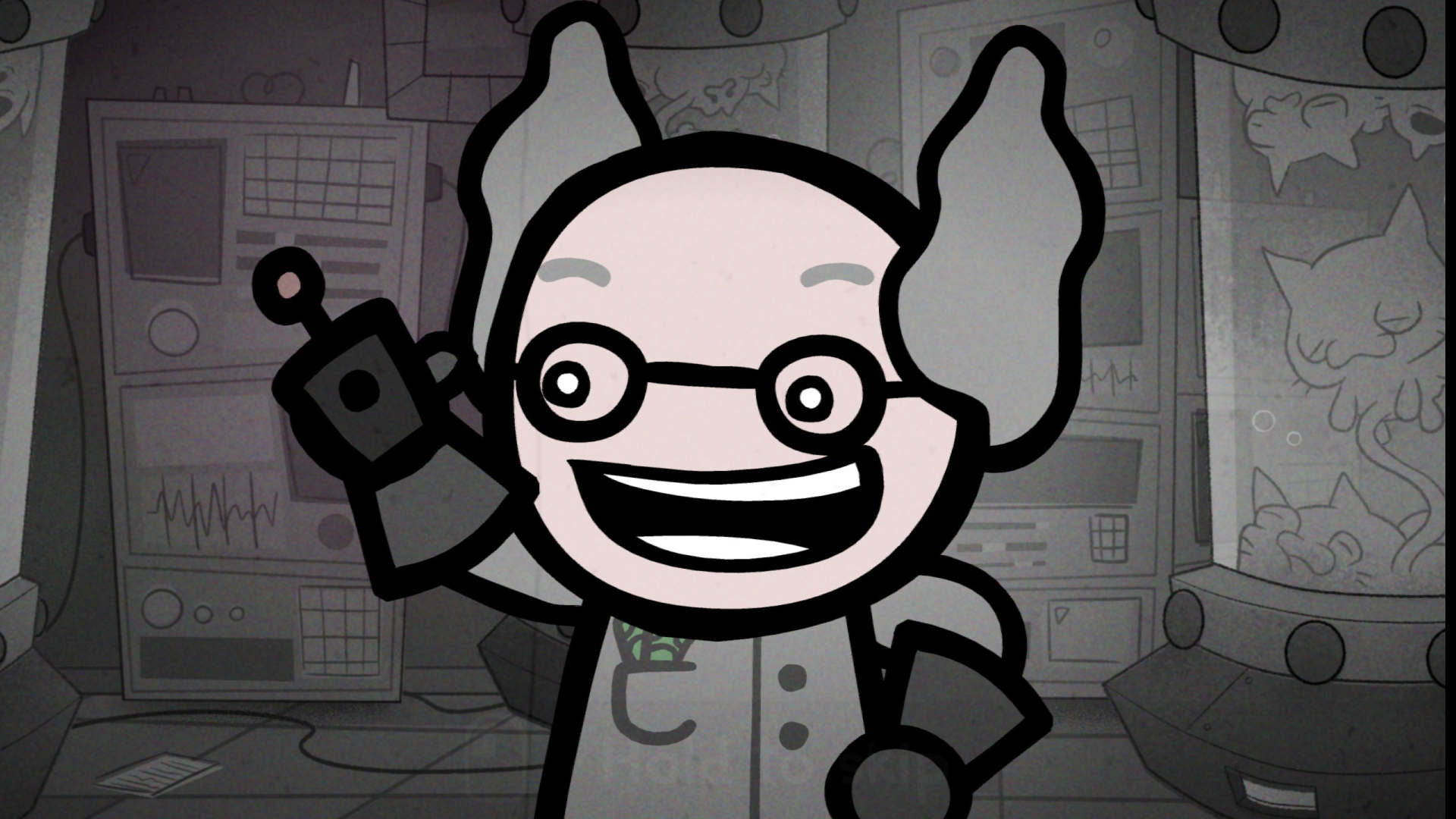"It's really fateful" – Final Fantasy 7 Rebirth director on charting a new course for the JRPG series with a return to Nintendo, Clair Obscur: Expedition 33, and outdoing AI
Interview | Square Enix's Naoki Hamaguchi answers all of our questions - then several more
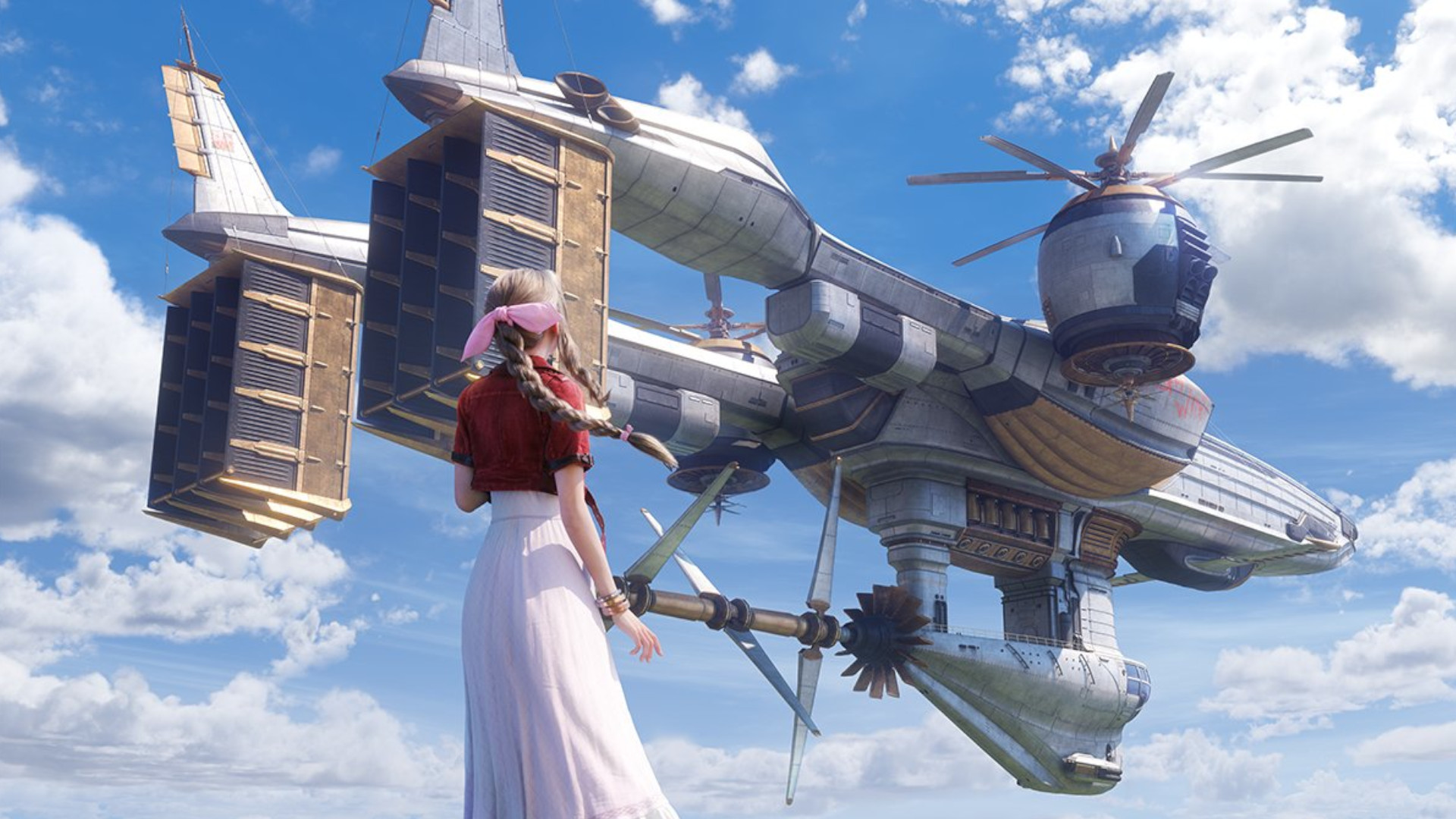
Weekly digests, tales from the communities you love, and more
You are now subscribed
Your newsletter sign-up was successful
Want to add more newsletters?

Every Friday
GamesRadar+
Your weekly update on everything you could ever want to know about the games you already love, games we know you're going to love in the near future, and tales from the communities that surround them.

Every Thursday
GTA 6 O'clock
Our special GTA 6 newsletter, with breaking news, insider info, and rumor analysis from the award-winning GTA 6 O'clock experts.

Every Friday
Knowledge
From the creators of Edge: A weekly videogame industry newsletter with analysis from expert writers, guidance from professionals, and insight into what's on the horizon.

Every Thursday
The Setup
Hardware nerds unite, sign up to our free tech newsletter for a weekly digest of the hottest new tech, the latest gadgets on the test bench, and much more.

Every Wednesday
Switch 2 Spotlight
Sign up to our new Switch 2 newsletter, where we bring you the latest talking points on Nintendo's new console each week, bring you up to date on the news, and recommend what games to play.

Every Saturday
The Watchlist
Subscribe for a weekly digest of the movie and TV news that matters, direct to your inbox. From first-look trailers, interviews, reviews and explainers, we've got you covered.

Once a month
SFX
Get sneak previews, exclusive competitions and details of special events each month!
Final Fantasy 7 is at a full circle moment. While Square Enix left Nintendo behind in the '90s to chase a more ambitious JRPG powered by Sony's debut console, the industry is now in a much different place as Final Fantasy 7 Remake nears a Switch 2 release.
Technical leaps between consoles now feel more like baby steps. As one former PlayStation boss puts it, "only a dog can hear" the differences between modern machines. Long gone are the days of vast graphical breakthroughs that drummed up excitement as the PS1 gave way to the PS2. Now, the ballooning costs of AAA development increasingly necessitate a multi-platform approach to clinch a return on effort and investment. In a world where 'designing for the dogs' can mean yet more studio layoffs, the smarter way to innovate is to ensure your game has the broadest reach possible.
It's against this very backdrop that Square Enix has restored a stronger multi-platform push of its own. While the developer's backlog has gradually made its way to numerous consoles over the years – Final Fantasy 7, coincidentally, landed on the Switch in 2019 – flagship games are now set to follow a similar ethos of reach over exclusivity. The industry is now in a much different place, indeed.
A turning point
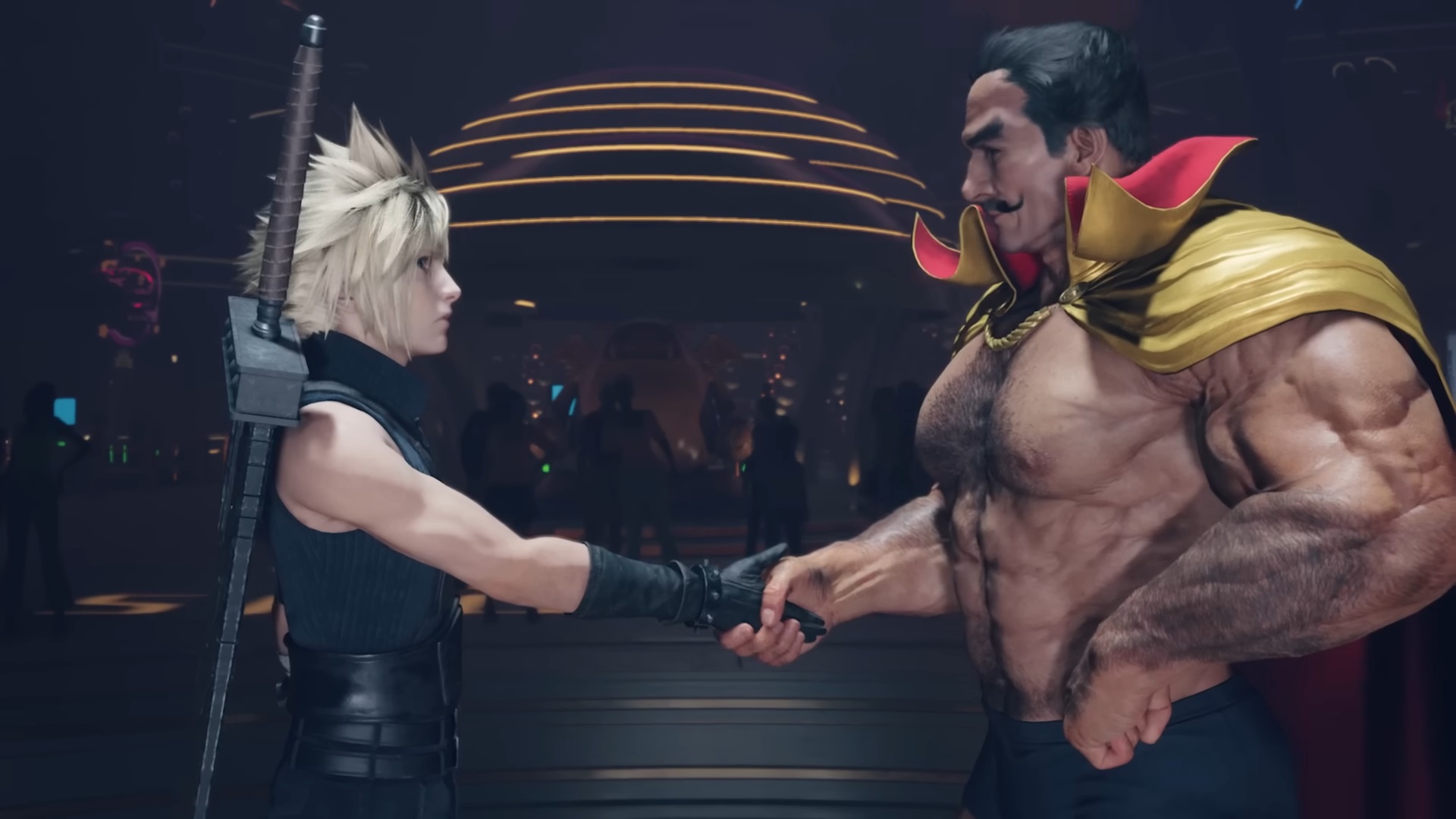
Given the opportunity to talk with Final Fantasy 7 Remake project lead Naoki Hamaguchi ahead of a convention appearance, I ask if these wider industry shifts play their part in the trilogy coming to Switch 2 and Xbox Series X|S alongside the likes of PS5 and PC. While Hamaguchi is keen to mention that what makes him "happiest" as a creator is everyone getting to play the games he makes, he acknowledges "trends have changed, times have changed."
"I think now everyone in the industry is realizing people are looking to play games in a lot of different ways," Hamaguchi says through a translator. "A lot more people want to play on different hardware in different styles, and we have to accommodate that and work towards allowing those options and those choices.
"I think in some ways, it's kind of fated. The original Final Fantasy 7 was the turning point from Final Fantasy being on Nintendo hardware, and then we switched platforms to go with what was big at the time, with the PlayStation hardware. It's really fateful, and it's really interesting that Final Fantasy 7, the very same game, in a lot ways, the remake, is now leading the way on the new change, which is going towards a much more even and balanced multi-platform release strategy."
A new approach, however, means new challenges. The lower memory of the Xbox Series S has proven a hurdle to numerous developers, and you have to account for how the Switch 2 will handle games both when handheld and docked. For Hamaguchi, these sorts of challenges "have always existed" with multi-platform development and are "not going away" any time soon. Thankfully, getting his start in the industry as an engineer has helped him clear those hurdles.
Weekly digests, tales from the communities you love, and more
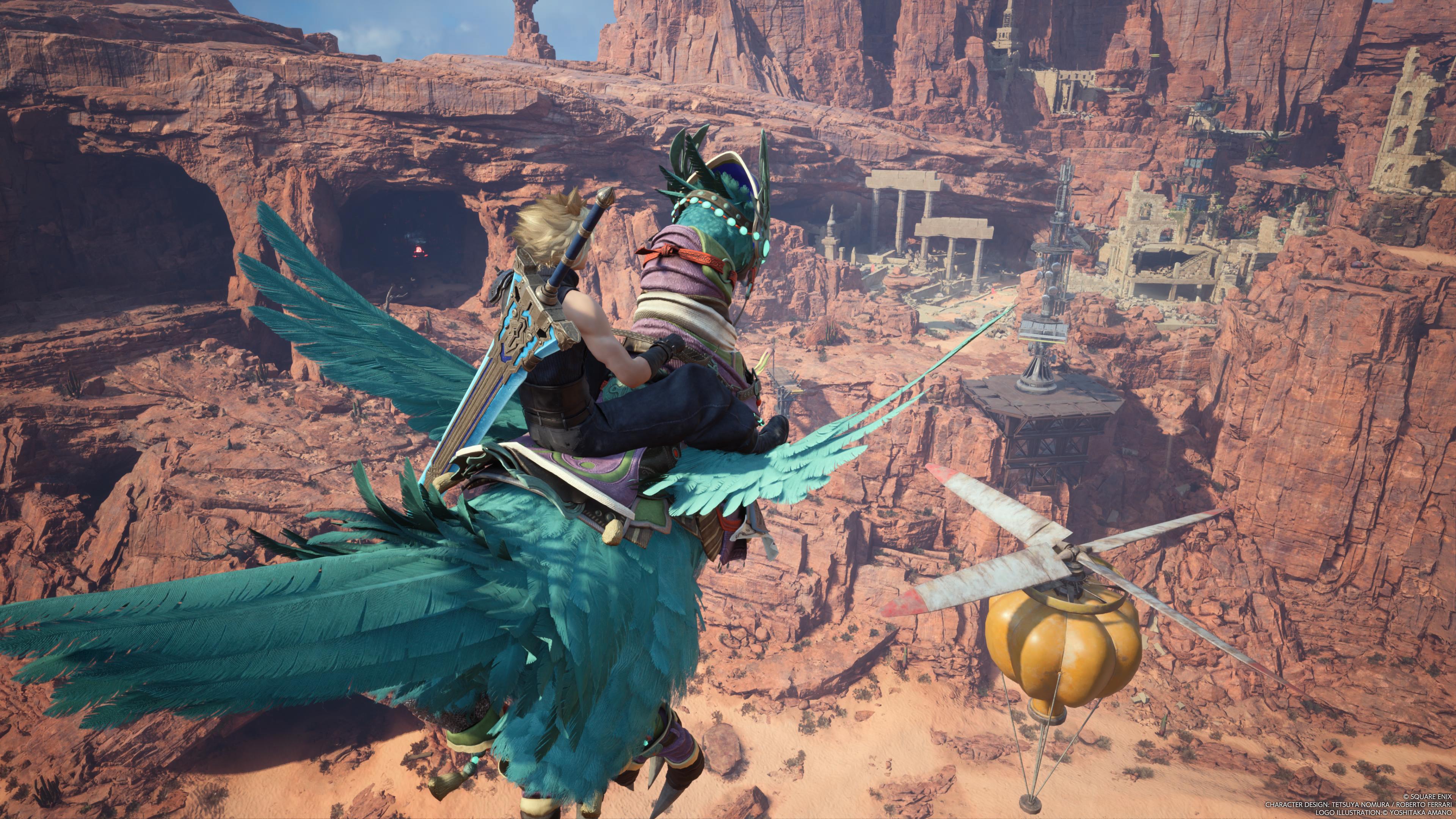
Meanwhile, other questions are less about whether you can pull something off and more about whether you should. Nintendo's Switch 2 game-key cards have paved the way for bigger AAA games to land on the console, though they're not without their critics from a preservation standpoint, as they only contain a key to download a game's data rather than the data itself. For Hamaguchi, however, it's all "part of a larger trend that we can't avoid."
"You see this on PlayStation, see this on Xbox, definitely on Steam," he says. "Physical media is becoming less and less part of the industry. Obviously, it's not going to go away immediately."
Hamaguchi goes on to share that the change from physical to digital will likely be slower on the Switch 2 as fans "very much value what's good about physical media." From a creator's perspective, however, the game-key card offers "opportunities" to get games on the Switch 2 that might have been too big otherwise.
"There are some especially high-end, real high-quality games that require a lot of memory that we probably couldn't put on [the Switch 2] without this – as a physical version, without the key card," Hamaguchi says.
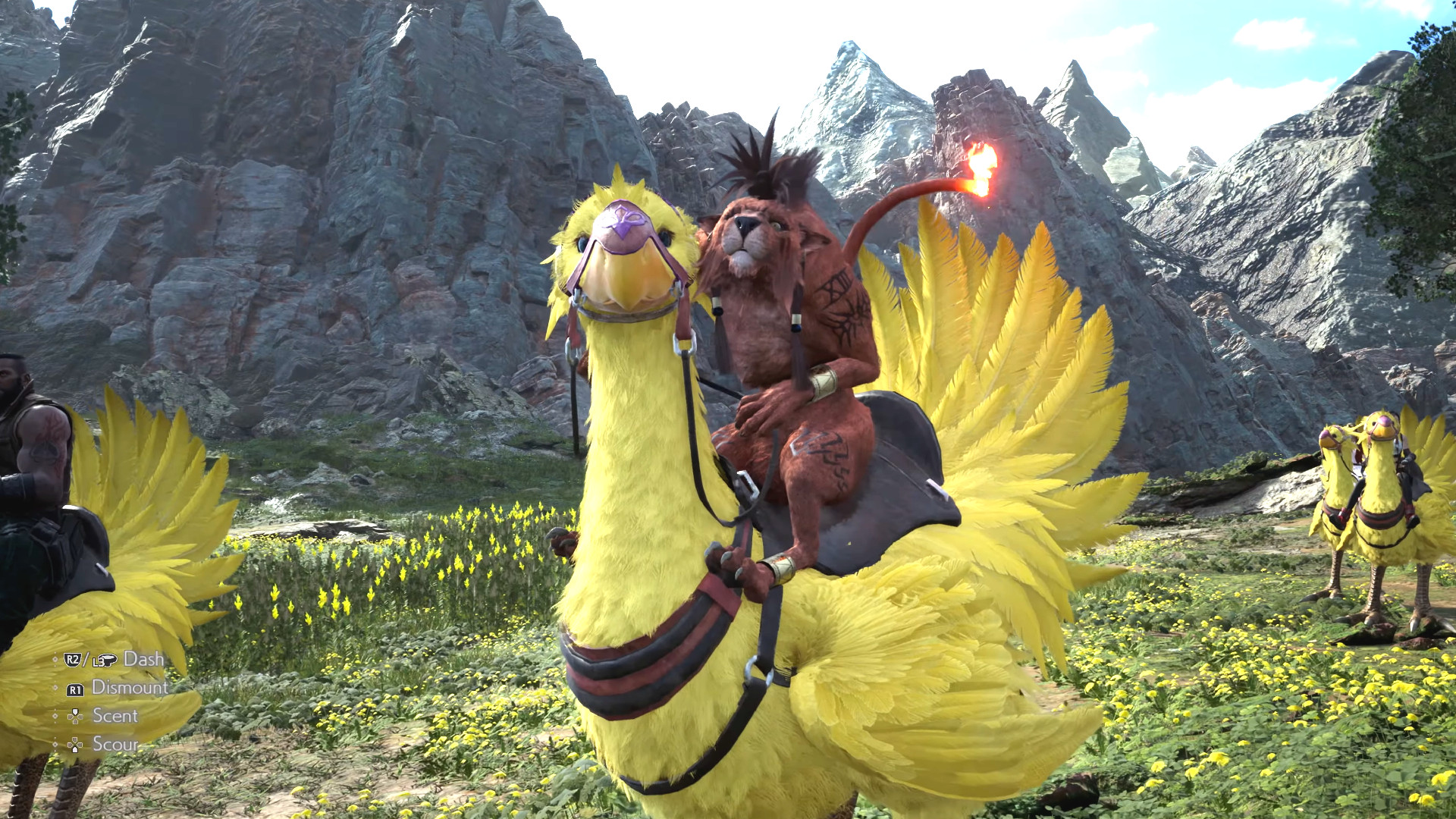
One thing Hamaguchi isn't currently leaning on is the use of AI in the creative aspect of development. (At this point, we should note that this interview was conducted before Square Enix's latest financial report shared plans to utilize AI to assist with QA.) Hamaguchi tells us that Square Enix currently doesn't have "any set-down policies or rules about how AI is to be used." But still, it's not something that Hamaguchi "could really go ahead with" in the current moment.
"Game creation is a very complicated business. [There] is a lot of different working moving parts and things to be aware of, certainly in terms of the money-making side of it, assigning staff, and managing teams," he says. "Obviously, these things we need to think of solutions for and be aware of."
While Hamaguchi doesn't rule out that AI could be helpful in gathering resources and finding references, that's as far as he sees it going in terms of creative work for now.
"I would like to think, as a creator and as part of my creative team, that however much AI might try and intrude and take part in the creative side of things, as humans, as my team, we would want to be good enough creators that we can could do better than AI, and we're definitely going to push that," Hamaguchi adds. "That's the approach I want to take."
Putting the based in turn-based
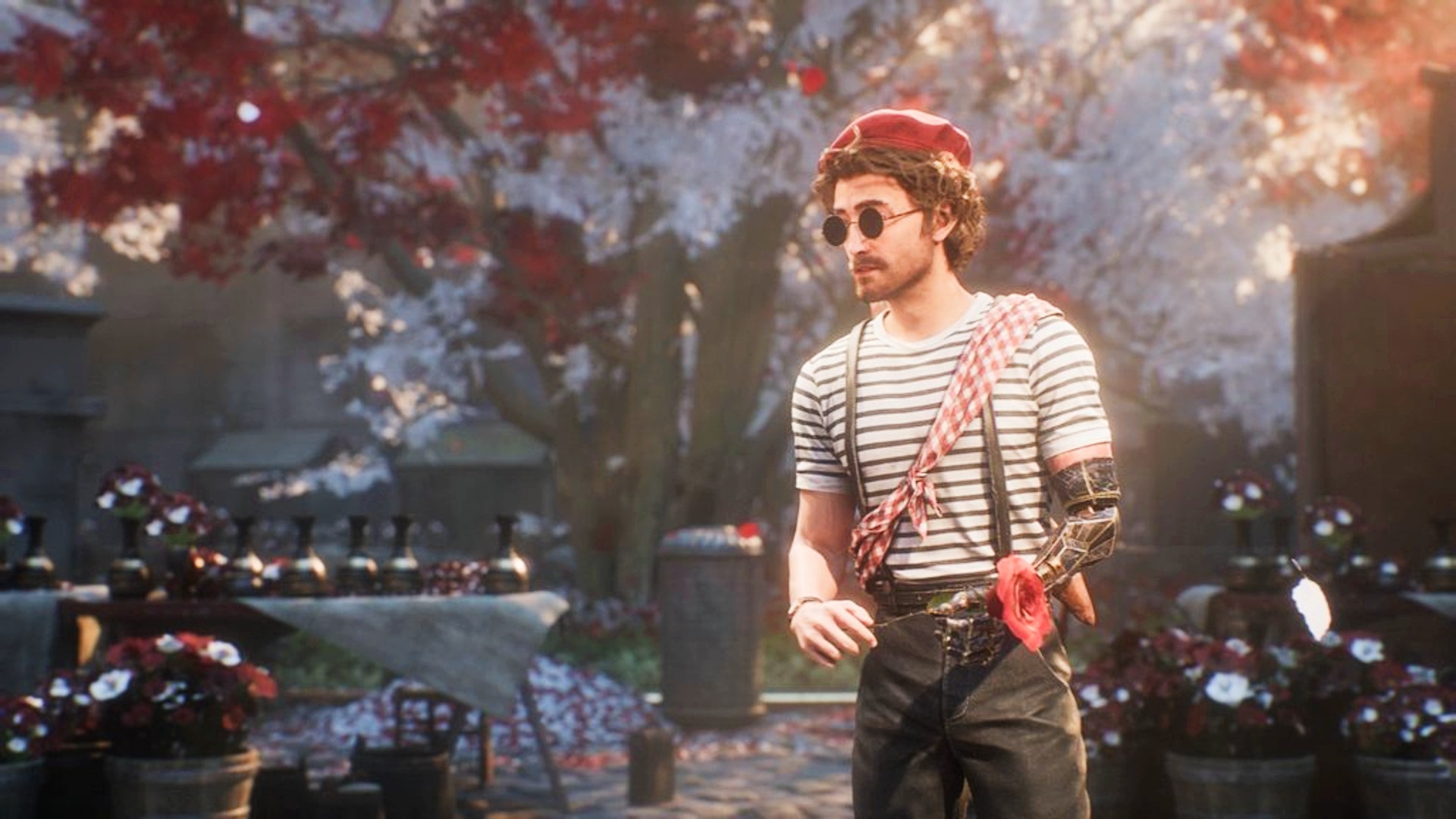
One topic I'm infinitely more pleased to talk with Hamaguchi about is his GOTY pick, Clair Obscur: Expedition 33. Full of praise, he says Sandfall Interactive's JRPG love letter hits the mark because "it gets all of the elements in it right," not just because it riffs on turn-based combat. Considering that Hamaguchi has met the Clair Obscur team, I ask if there are any learnings he can take from their success, as the wider industry calls for AA games like theirs.
The answer isn't so simple. Hamaguchi explains that the difference between triple-A and double-A is "how complete and multi-faceted" they can be. When it comes to the former, "whatever direction you look at it, whatever element you take, it's at a very high quality." The latter, meanwhile, can "pick one aspect of one element and really push that and take that to a high level," which is both a creative freedom and an economic necessity due to the lower budget you're working with.
Realistically, Hamaguchi likely wouldn't be allowed to step away from triple-A development. But still, he "would love to try and make a game like that [AA], which is really focused on one area, pushing the boat out, and making that one aspect as fun as possible."
Regardless of his ability to participate, though, Hamaguchi thinks double-A games are a good thing for the industry. "If I've got a chance to work together with some of the people who make these kinds of games, I think that'd be really great as well," he says. "So from an industry [perspective], I think it's really healthy, and I like seeing those AAs coming."
If you recall Sandfall Interactive's pitch for Steam hit Megabonk to be Game of the Year, I did ask Hamaguchi if he felt the same. Alas, he hasn't played it, but said he'd do so as soon as he could. He could even be playing it right now.
Party complete
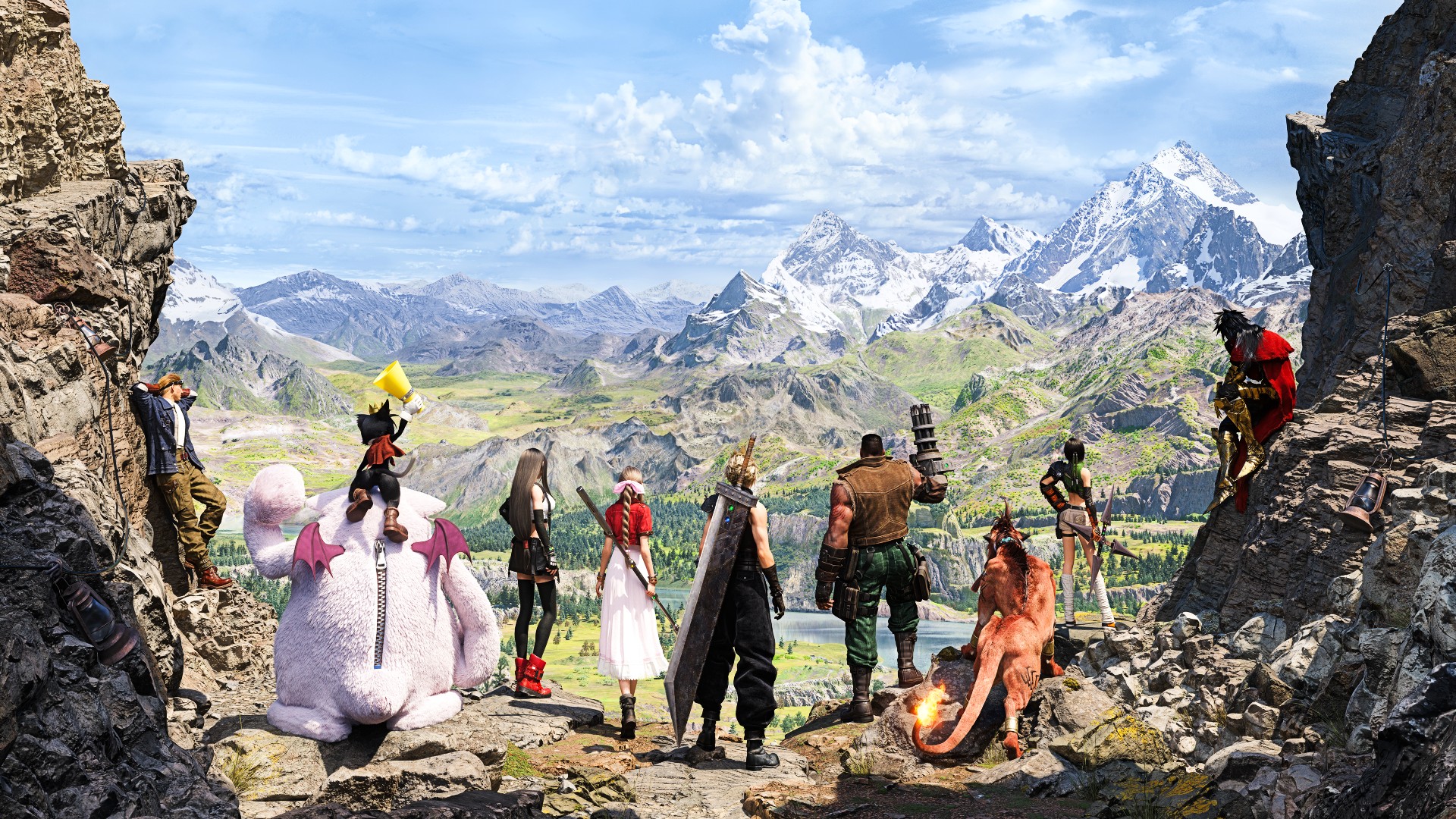
Getting back to the sort of games Hamaguchi is making – and, indeed, playing – part three of the Final Fantasy 7 remake project beckons. Hamaguchi tells me that the ambition remains to build upon what's come before rather than simply spruce up some textures. The team is taking on feedback from the past two games – devs are "looking at" the situation around yellow paint, for example, but still believe "there is definitely a need for that kind of thing."
What's more important to Hamaguchi than individual lessons, however, is the collective wisdom maintained from keeping the Final Fantasy 7 remake team together from project to project.
"I think one particularly, really good thing about working on these games, and that's quite a rare thing in the games industry, is the fact that we managed to keep pretty much the same team throughout all of the games," Hamaguchi explains. "In the games industry, it's quite common that once a big project is done, a team will be split up, they'll be moved around, and then a lot of the time your next project, you'll have to start again by rebuilding a new team."
Hamaguchi adds: "We haven't had to do this for the Remake project, definitely – certainly the key members, the core members of the team, will stay the same very much throughout all three games. And I think that really has helped us grow and evolve and become more refined and more capable as a team. Our experience really has grown as we work on each new game."
As for what comes next, we need only wait and see. Final Fantasy 7 Remake and Rebirth have kept the current team busy for close to 10 years, and that number will only be larger once Part 3 releases. Hamaguchi can't say if the next mainline Final Fantasy game or a new IP beckons after that, but he wants to ensure all the chemistry and history the team has built up doesn't go to waste.
"I think once we have got out the third game in the series, and hopefully it's a big success, we'll definitely move on to something else, and it'd be great to see what that team that we've managed to build up together produces," Hamaguchi says. "I don't know if it's the right way of talking about it, but the bonds, the relationship between the team has definitely improved a lot and strengthened that team.
"So I can't say at this point what that's going to be, whether it's going to be a completely new game, completely new IP, whether it's gonna be something new within the Final Fantasy series, but I'm really looking forward [to it]."
One for the cutting room floor, Final Fantasy 7 Rebirth director isn't weighing in on the OG JRPG's infamous Tifa vs Aerith shipping debate, but after 10 years of looking at Cloud, "I just want what makes him happy."
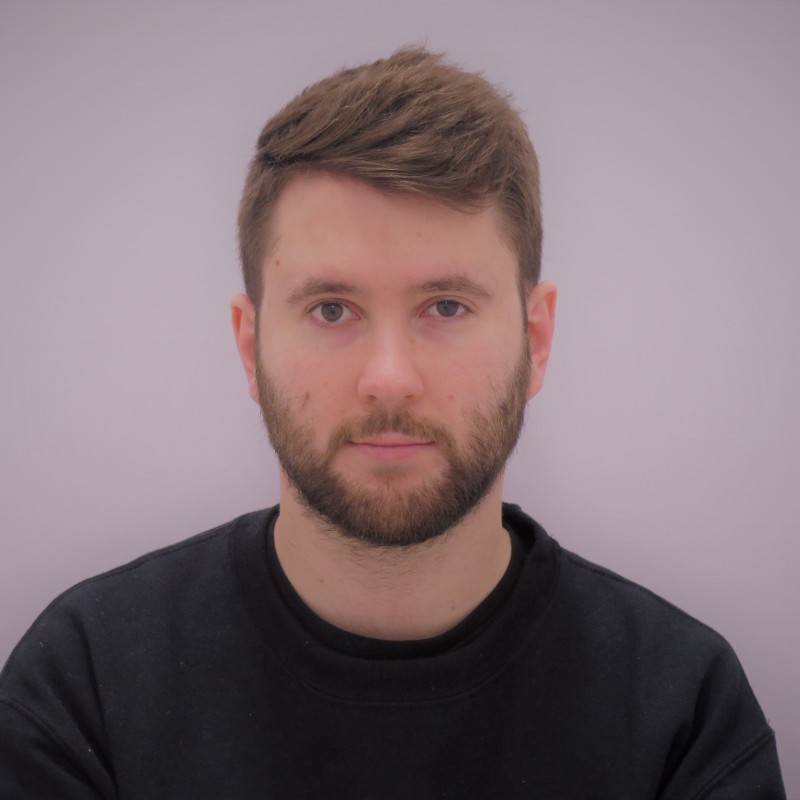
I joined GamesRadar+ in May 2022 following stints at PCGamesN and PocketGamer.Biz, with some freelance for Kotaku UK, RockPaperShotgun, and VG24/7 thrown in for good measure. When I'm not running the news team on the games side, you'll find me putting News Editor duties to one side to play the hottest JRPG of 20 years ago or pillaging the depths of Final Fantasy 14 for a swanky new cloak – the more colourful, the better.
You must confirm your public display name before commenting
Please logout and then login again, you will then be prompted to enter your display name.
